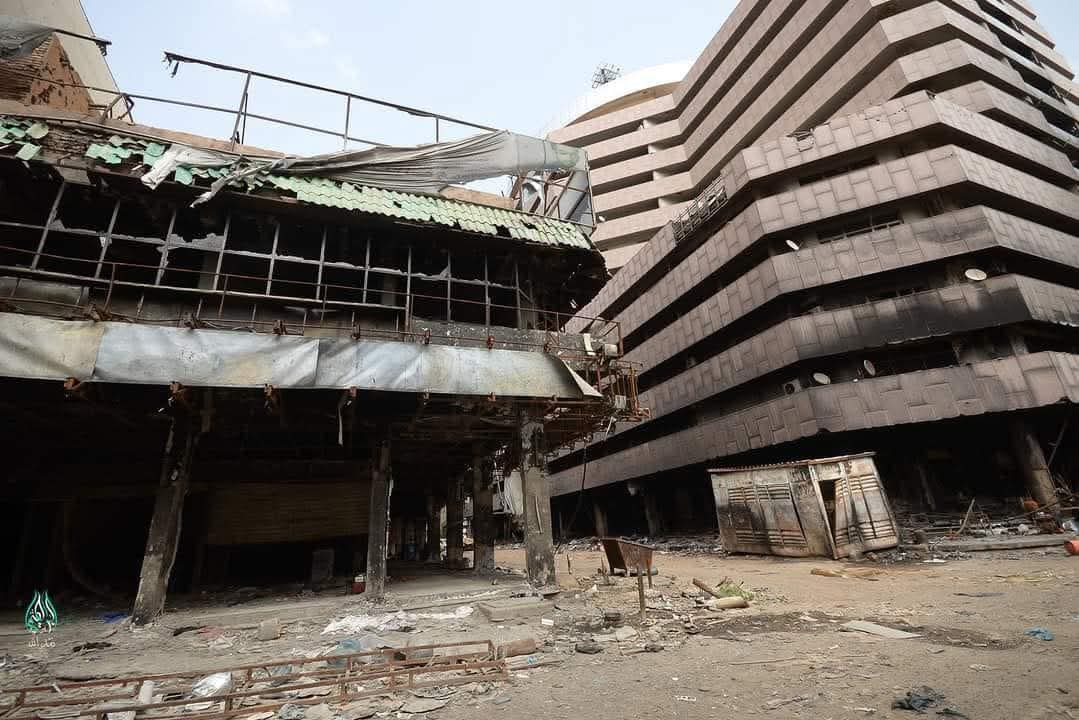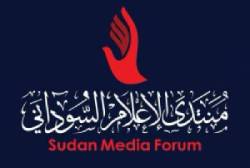
Khartoum: A Capital of Fear and Armed Looting
Khartoum, August 11, 2025 – altaghyeer Newspaper -
More than two years after war broke out between the Sudanese Armed Forces (SAF) and the Rapid Support Forces (RSF) on April 15, 2023, the security situation in Sudan’s capital continues to deteriorate and collapse.
Following the army’s recapture of Khartoum, Gezira, and Sennar from RSF control, major military operations shifted to the Darfur and Kordofan fronts, leaving civilians in the capital to face a grim reality of chaos and lawlessness — including armed robbery, extortion, and sometimes even killings.
Khartoum, once a bustling and vibrant city, is slowly becoming a fragmented urban space ruled by fear and absent state authority. The security vacuum has given rise to new looting groups, from civilian gangs formed during the war out of escaped prisoners, to armed men in military uniforms with no clear affiliation.
According to credible human rights reports, abuses against civilians in Khartoum have continued even after the RSF’s withdrawal — raising the possibility that such violations are being committed from within the regular military structure itself.
A report issued by the Sudanese Alliance for Rights (SAR) in April 2025 documented dozens of cases in which men wearing Sudanese Armed Forces uniforms committed violations in neighborhoods such as Al-Kalakla, Al-Sahafa, and Al-Hatana. These included home invasions, property theft, and intimidation of residents, often in broad daylight and without any official intervention.
Human Rights Watch likewise noted in its annual report that looting surged in areas the army entered after the RSF’s retreat. Testimonies from residents of Omdurman and Khartoum accused army soldiers of stealing private property and raiding empty homes. Many expressed frustration over the complete absence of accountability within the military, suggesting complicity or at least “institutional silence.”
A March 2025 investigation by The Guardian revealed the existence of unofficial detention centers in army-controlled areas, where civilians were allegedly held without clear charges. The report cited practices including torture and ill-treatment — in violation of both Sudanese law and international standards — indicating that not all abuses have yet come to light.
The violations are not limited to direct abuses; they also include deliberate failures to protect civilians. In April 2025, a massacre in the Al-Salha district of Omdurman was attributed to RSF forces, but eyewitnesses reported that SAF units stationed nearby had been warned in advance of the threat and failed to intervene. This inaction at a moment of imminent danger raises serious questions about the army’s moral and professional responsibility.
Meanwhile, Sudanese citizens post daily testimonies on social media platforms, including Reddit, documenting repeated incidents of looting by army personnel in East Nile and Omdurman neighborhoods. One woman recalled: “After the RSF left, we thought we could finally rest. But army soldiers came in, searched the houses, took our furniture and gold, and said it was just a routine procedure.”
The blurring of lines between those meant to protect and those committing violations is compounded by the collapse of central authority, the proliferation of armed actors, and the mixing of official uniforms with civilian gangs.
Fear and disbelief on Khartoum’s streets
In Al-Kalakla Quba, a former teacher known as “Um Sarah” (name changed) told Al-Taghyeer how armed men stopped her in front of her children on their way home, stole her phone and wallet, and threatened her at gunpoint. “One of them shouted, ‘Keep quiet — the army won’t help you.’” She could not even file a complaint, as the nearest police station has been closed for months.
In Al-Sahafa, “Mohammed” (name changed), a former private-sector employee, recounted being stopped at a fake checkpoint on his way home from work. The armed men wore mismatched military uniforms and demanded 25,000 Sudanese pounds as a “security fee” for traveling through a “dangerous area.” They handed him a stamped paper from something called the “Neighborhood Committee,” then vanished in an unmarked pickup truck.
Even the markets — once the heartbeat of the capital — have not been spared. In Omdurman’s Libya Market, “Atiyat” (name changed), a clothing vendor, described being robbed almost daily by armed groups arriving in tuk-tuks and motorbikes, claiming to be from military intelligence. “They take the goods and say, ‘This is a contribution to the state.’ Customers stopped coming — the market is dead,” she said.
In April, Sudanese police announced they had resumed work in 59 stations across Khartoum State. According to police spokesperson Brigadier General Fath Al-Rahman Mohamed Al-Toum, most reported cases were linked to wartime abuses by the RSF, but “no police stations have registered reports of firearms use outside military operations.”
Yet residents say crime is no longer tied to frontline fighting — it has become a recurring pattern in areas far from any RSF presence. This undermines the narrative that all lawlessness is RSF-related and points to the broader responsibility of official security forces.
The breakdown has also brought new actors into the looting economy, including escaped convicts and so-called “Neighborhood Protection Committees” — armed local groups ostensibly formed to defend residents but now engaged in extortion and protection rackets akin to criminal gangs.
In some areas, with police absent and the judiciary paralyzed, there is simply no authority to turn to.
—
This report is published by the Sudan Media Forum and its member organizations, based on an investigation by altaghyeer newspaper, to highlight the severe security breakdown and the high price civilians in Khartoum continue to pay even after major fighting between the SAF and RSF subsided. It underscores the total absence of police and prosecutorial authorities, leaving citizens with no legal recourse.


